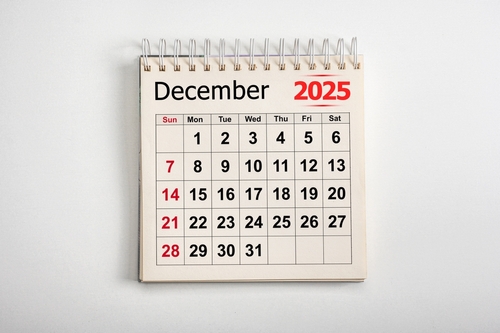December brings a special energy that transcends borders. As the year draws to a close, communities worldwide pause to honor their heritage, celebrate hard-won freedoms, and reflect on shared human values. This month combines the joy of cultural traditions with moments of deep significance—from independence celebrations that mark pivotal moments in history to international observances that remind us of our collective responsibility to one another.
Whether you’re an expat missing home, a traveler seeking cultural understanding, or simply someone who values global connection, December offers countless opportunities to engage with the world’s rich tapestry of celebrations. Each observance tells a story of resilience, hope, or unity that can deepen your appreciation for diverse perspectives.
This guide will walk you through the most meaningful national days, international observances, and cultural celebrations happening in December 2025. You’ll discover the historical context behind these events, learn how communities celebrate them, and find practical ways to participate—no matter where you are in the world.
Independence and National Days That Define December
Finland Independence Day – December 6
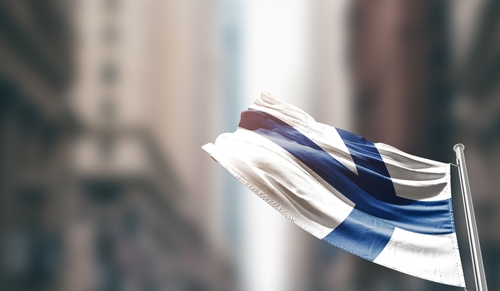
Finland’s Independence Day marks the country’s declaration of independence from Russia in 1917. This quiet Nordic nation celebrates with remarkable dignity and tradition. The day begins with flag ceremonies and continues with the Presidential Independence Day Reception at the Presidential Palace, broadcast live across the country.
Finnish families gather to watch this formal event, which showcases the nation’s commitment to democracy and equality. Blue and white candles illuminate windows throughout Finland, creating a beautiful display of national unity. Many Finnish communities abroad organize similar candlelit gatherings, maintaining their connection to homeland traditions.
The celebration emphasizes remembrance over revelry. Veterans’ graves are decorated with candles, and memorial services honor those who fought for Finland’s freedom during both World Wars.
Kenya’s Jamhuri Day – December 12
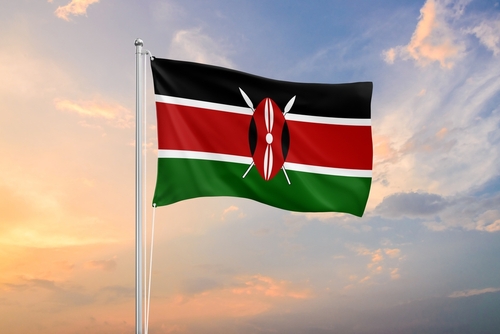
Jamhuri Day celebrates Kenya’s independence from British colonial rule in 1963 and the adoption of the republican constitution in 1964. “Jamhuri” means “republic” in Swahili, reflecting Kenya’s transition to full sovereignty.
The main celebration takes place at Nyayo National Stadium in Nairobi, featuring military parades, cultural performances, and speeches by government leaders. Across the country, Kenyans participate in community events that showcase the nation’s diverse cultures through music, dance, and traditional foods.
Kenyan diaspora communities worldwide organize cultural festivals on this day. These celebrations often include traditional dishes like nyama choma (grilled meat) and ugali, along with performances of traditional dances from Kenya’s 40+ ethnic groups. Many use this occasion to raise funds for educational or development projects back home.
Qatar National Day – December 18
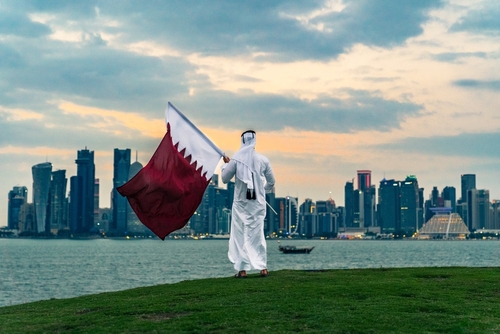
Qatar National Day commemorates the unification of the country under Sheikh Jassim bin Mohammed Al Thani in 1878. This date represents Qatar’s emergence as a unified state and its journey toward the modern nation we know today.
The celebration combines respect for tradition with pride in Qatar’s rapid development. Doha’s Corniche becomes a spectacular venue for parades featuring traditional dhow boats, camel races, and falconry displays. The festivities highlight Qatar’s Bedouin heritage while celebrating its role as a modern global hub.
Qatari communities abroad often organize cultural exhibitions featuring traditional handicrafts, henna art, and Arabic calligraphy workshops. Many celebrations include traditional dishes like machboos and luqaimat, creating opportunities for cultural exchange and education.
Bahrain National Day – December 16
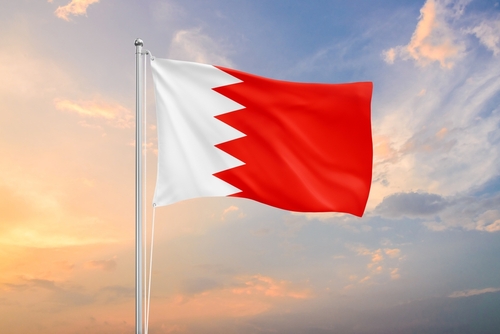
Bahrain’s National Day celebrates the country’s independence from British protection in 1971. The kingdom uses this day to honor its rich history as a trading center and pearl diving hub while celebrating its modern achievements.
Manama hosts grand parades featuring military displays and cultural performances that blend Arab, Persian, and Islamic traditions. The celebration includes traditional pearl diving demonstrations, showcasing Bahrain’s historical connection to the sea.
Bahraini expatriate communities organize cultural events that often feature traditional music performances using the oud and tabla, alongside exhibitions of traditional crafts like basket weaving and pottery.
Global Observances That Unite Us
International Day of Persons with Disabilities – December 3

Established by the United Nations in 1992, this day promotes awareness and mobilizes support for the dignity, rights, and well-being of persons with disabilities. The 2025 theme focuses on building inclusive communities that recognize disability as part of human diversity.
Organizations worldwide use this day to highlight accessibility improvements in their communities. Many cities organize accessibility audits of public spaces, while advocacy groups host panel discussions and workshops about inclusive design and employment opportunities.
You can participate by supporting accessibility initiatives in your area, learning about assistive technologies, or volunteering with disability advocacy organizations. Many communities organize awareness walks or fundraising events that welcome broad participation.
Human Rights Day – December 10
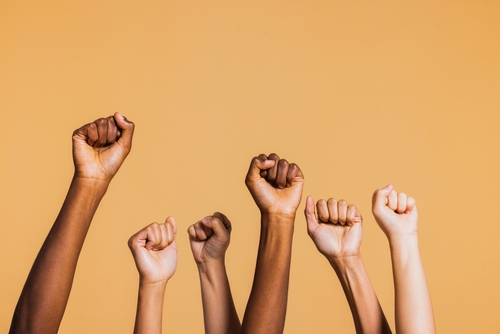
Human Rights Day marks the adoption of the Universal Declaration of Human Rights by the United Nations General Assembly in 1948. This foundational document established fundamental rights and freedoms that belong to every person, regardless of nationality, ethnicity, religion, or other status.
The day serves as a powerful reminder of ongoing human rights challenges worldwide. Educational institutions often organize workshops and discussions about current human rights issues, while advocacy organizations launch awareness campaigns about specific concerns like press freedom, refugee rights, or gender equality.
Participating can be as simple as learning about human rights issues in your community or globally, supporting organizations that defend human rights, or engaging in respectful dialogue about these important topics with friends and family.
International Migrants Day – December 18
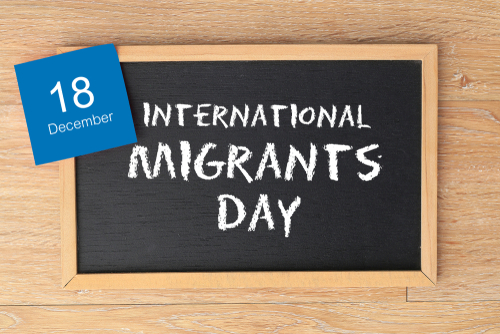
This observance recognizes the contributions of migrants worldwide while acknowledging the challenges they face. Established by the United Nations, the day promotes safe, orderly, and regular migration while protecting the rights of all migrants.
Cultural centers and immigrant communities often organize festivals that showcase the diverse contributions migrants make to their new homes. These events typically feature traditional foods, music, and art from various cultures, creating opportunities for cross-cultural understanding.
Many people participate by supporting local immigrant-serving organizations, learning about migration issues, or simply taking time to appreciate the cultural diversity that migration brings to communities worldwide.
Religious and Spiritual Celebrations
Hanukkah – Beginning December 24, 2025
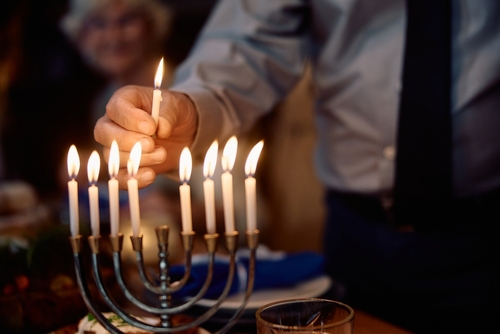
Hanukkah, the Jewish Festival of Lights, commemorates the rededication of the Second Temple in Jerusalem after its recapture from the Greeks. The holiday celebrates both religious freedom and the miracle of oil that burned for eight days when there was only enough for one.
Jewish families light the menorah (hanukkiah) each evening, adding one candle per night until all eight are lit. Traditional foods like latkes (potato pancakes) and sufganiyot (jelly donuts) are prepared and shared. Children often receive small gifts each night and play games with the dreidel.
Communities worldwide organize public menorah lightings, often in partnership with local governments. These celebrations welcome people of all backgrounds to learn about Jewish traditions and values of religious freedom and perseverance.
Christmas – December 25

Christmas celebrates the birth of Jesus Christ and represents one of the world’s most widely observed holidays. While rooted in Christian tradition, Christmas has evolved to encompass broader themes of family, generosity, and peace.
Christmas traditions vary dramatically across cultures. Ethiopian Orthodox Christians celebrate on January 7 following their calendar, while Filipino families gather for Noche Buena on Christmas Eve. In Japan, Christmas cake and KFC have become popular traditions, while in Australia, beach barbecues mark the summer Christmas season.
Many secular celebrations focus on themes of giving, family connection, and community service. Volunteer organizations often see increased participation during Christmas season, as people seek meaningful ways to help others.
Bodhi Day – December 8
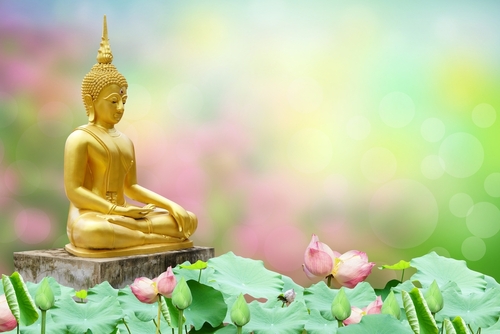
Bodhi Day commemorates the day Buddha achieved enlightenment while meditating under the Bodhi tree. This Buddhist observance emphasizes meditation, wisdom, and compassion.
Buddhist communities often organize meditation sessions, dharma talks, and acts of charity. Many temples prepare special vegetarian meals to share with visitors, regardless of their faith background. The celebration focuses on inner reflection and commitment to reducing suffering in the world.
Non-Buddhists can participate by learning about Buddhist philosophy, practicing meditation, or engaging in acts of kindness and compassion in their communities.
Seasonal and Cultural Highlights
New Year’s Eve – December 31

New Year’s Eve represents a truly global celebration, with communities worldwide marking the transition from one year to the next. Each time zone celebrates in its own style, creating a rolling wave of festivities across the planet.
From Sydney’s famous fireworks display to Times Square’s ball drop, from Edinburgh’s Hogmanay to Brazil’s beach celebrations in Rio, New Year’s Eve traditions reflect local cultures while sharing universal themes of hope and renewal.
Many people use this time for reflection and goal-setting, while others focus purely on celebration and social connection. Family reunions are common, particularly in East Asian cultures where the approaching Lunar New Year holds special significance.
Regional December Festivals
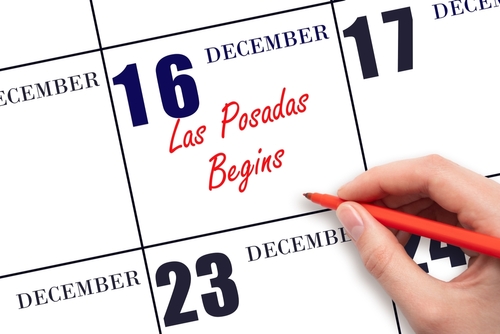
Las Posadas, celebrated from December 16-24 throughout Latin America and Latino communities worldwide, reenacts Mary and Joseph’s search for lodging in Bethlehem. Communities organize processions and gather in homes for prayer, songs, and traditional foods like tamales and ponche.

The Dongzhi Festival, observed in East Asian cultures, celebrates the winter solstice and family reunion. Families gather to make and share tangyuan (sweet rice balls), symbolizing unity and completeness.
These celebrations offer opportunities for cultural exchange and learning, with many communities welcoming visitors to experience their traditions firsthand.
Planning Your December Cultural Calendar
December’s packed schedule of cultural celebrations offers numerous ways to engage with global traditions, whether you’re traveling, living abroad, or exploring cultural diversity in your own community.
Travel Considerations

Many countries observe public holidays during their national days, which can affect transportation, business hours, and accommodation availability. Finland’s Independence Day is relatively quiet, with most businesses closed and public transportation running on reduced schedules. Kenya’s Jamhuri Day, however, brings increased activity and tourism, particularly around Nairobi.
If you’re planning international travel, research local customs and consider participating respectfully in celebrations. Many countries welcome visitors to public events and cultural performances during national holidays.
Connecting Across Distances

December’s celebrations often emphasize family connection and community support. This creates increased demand for international money transfers as people send holiday gifts or support family members abroad. Many financial services offer special promotions during December to help facilitate these important connections.
Consider timing transfers early in the month to ensure they arrive before major celebrations. Research any holiday closures that might affect delivery times in recipient countries.
Ways to Participate Locally
Cultural centers, embassies, and immigrant community organizations often host public celebrations for national holidays and international observances. These events provide authentic experiences and opportunities to learn directly from community members.
Religious institutions frequently welcome visitors to public ceremonies and educational events, particularly during major observances like Hanukkah or Bodhi Day. Many offer context and explanation specifically for newcomers.
Volunteer opportunities increase during December as organizations respond to holiday needs and year-end giving. Consider supporting causes related to the international observances that resonate with you.
How Do Superstitions Influence the Celebration of December National Days Around the World?
Superstitions play a significant role in shaping December National Days worldwide. Different cultures incorporate unique traditions that stem from age-old beliefs, making celebrations vibrant and diverse. By exploring global superstitions and beliefs, we gain insight into how rituals and customs reflect the values and fears of societies during this festive month.
Frequently Asked Questions
What are the most widely celebrated holidays in December?
Christmas holds the broadest global recognition, celebrated by Christians and many non-Christians worldwide. New Year’s Eve is universally observed across cultures. International Human Rights Day and International Day of Persons with Disabilities have significant institutional support globally, though individual awareness varies by region.
How can I celebrate international holidays if I’m abroad?
Embassies and consulates often host national day celebrations open to citizens and sometimes the broader public. Cultural associations and immigrant communities frequently organize traditional celebrations. Online communities provide ways to participate virtually in homeland celebrations.
Do December holidays affect business or travel schedules?
Yes, significantly. National independence days typically involve bank and business closures in their respective countries. Major religious holidays like Christmas affect global business operations. International observances rarely impact business schedules but may influence organizational activities and communications.
